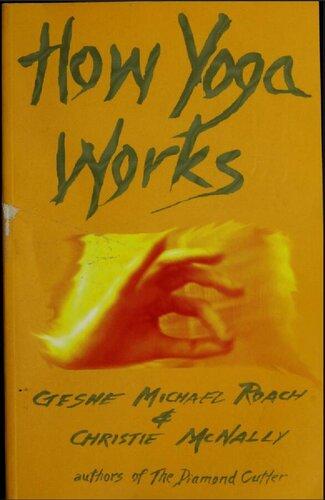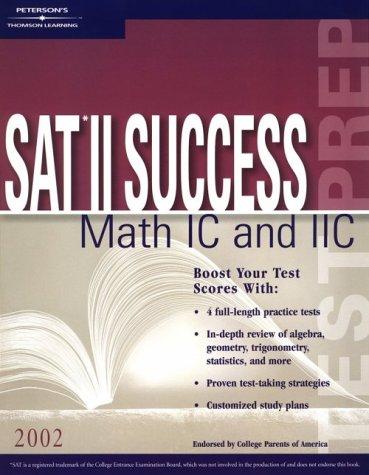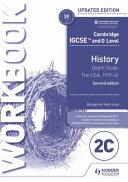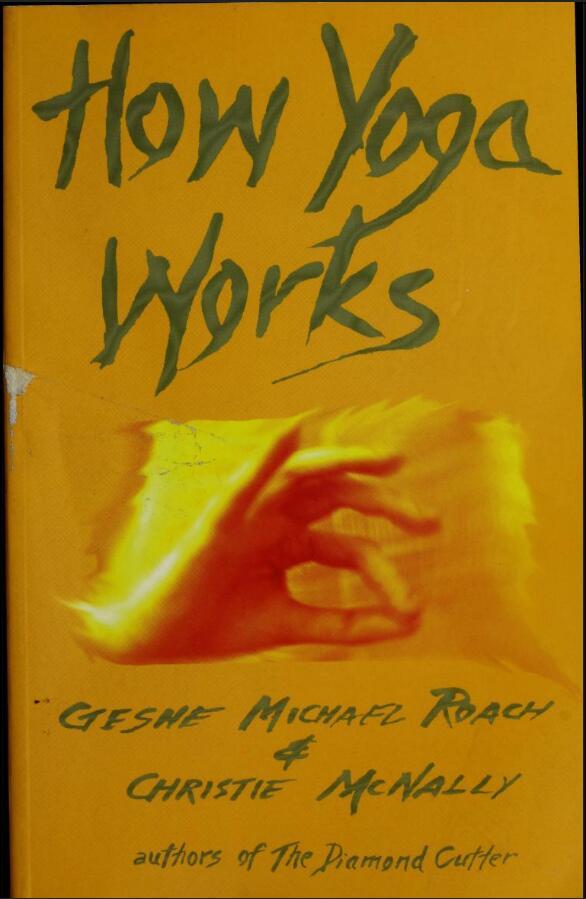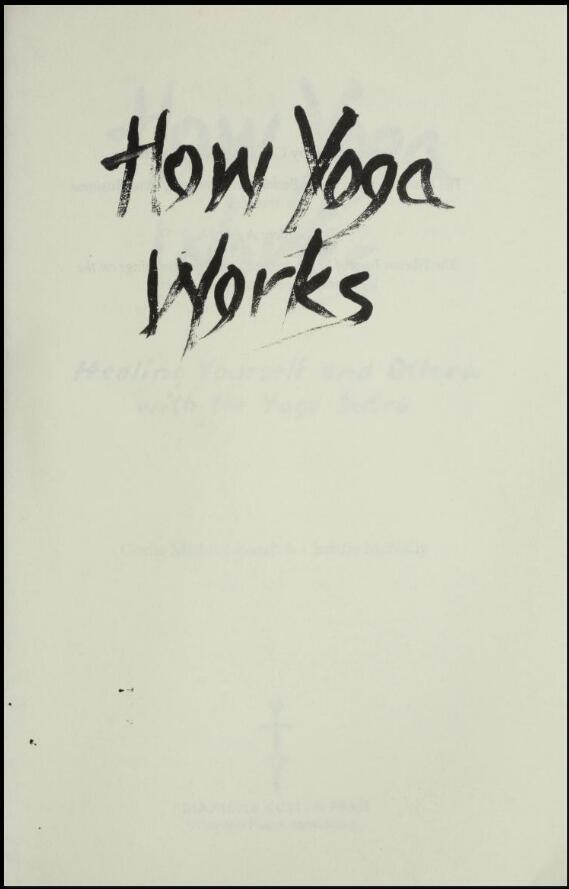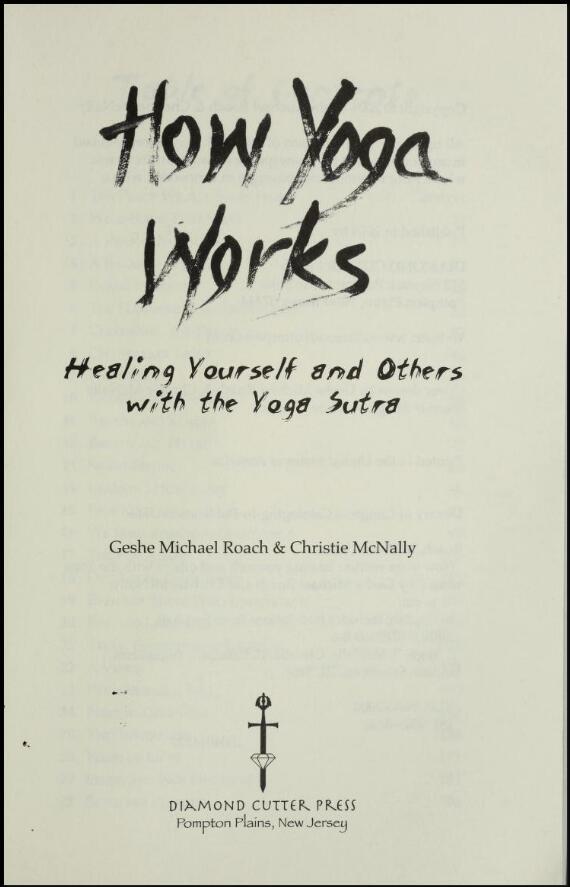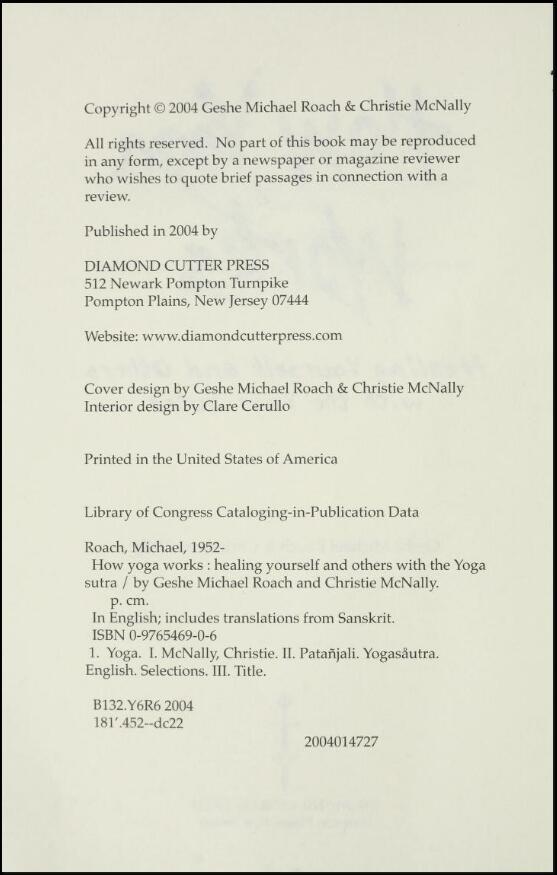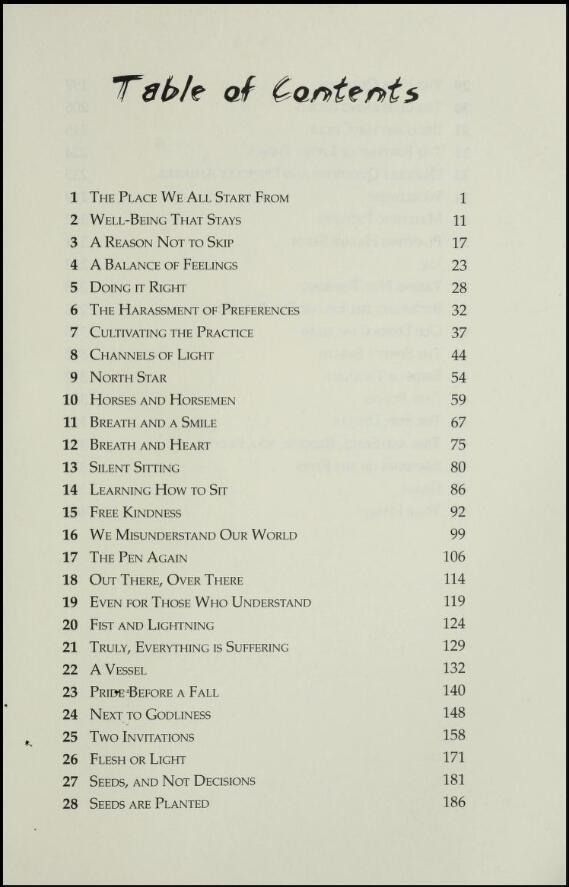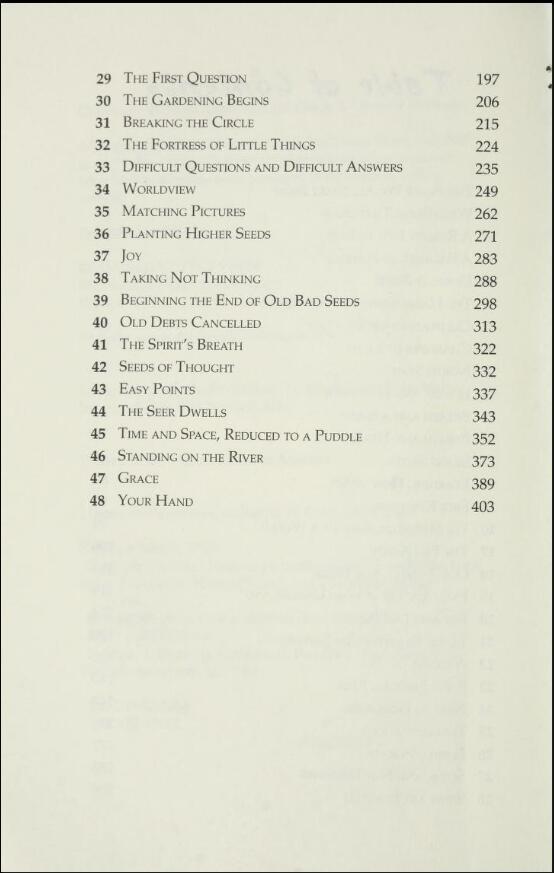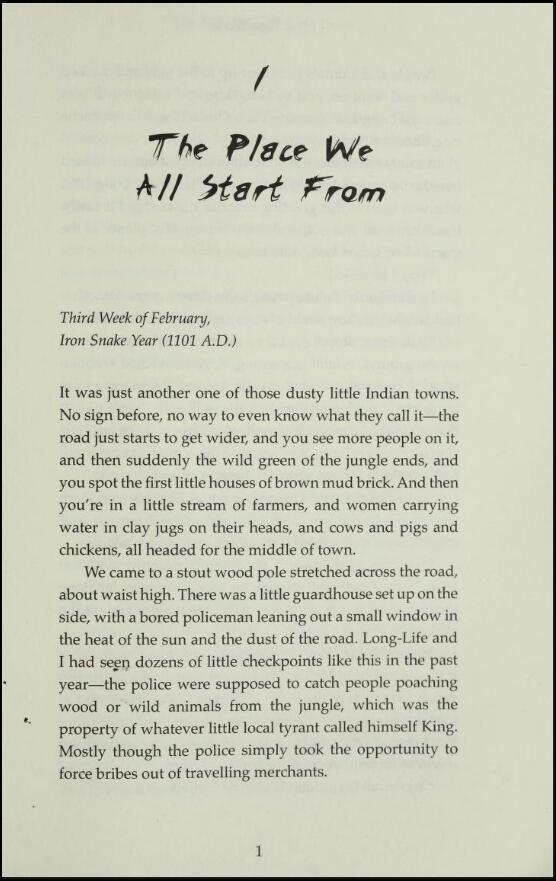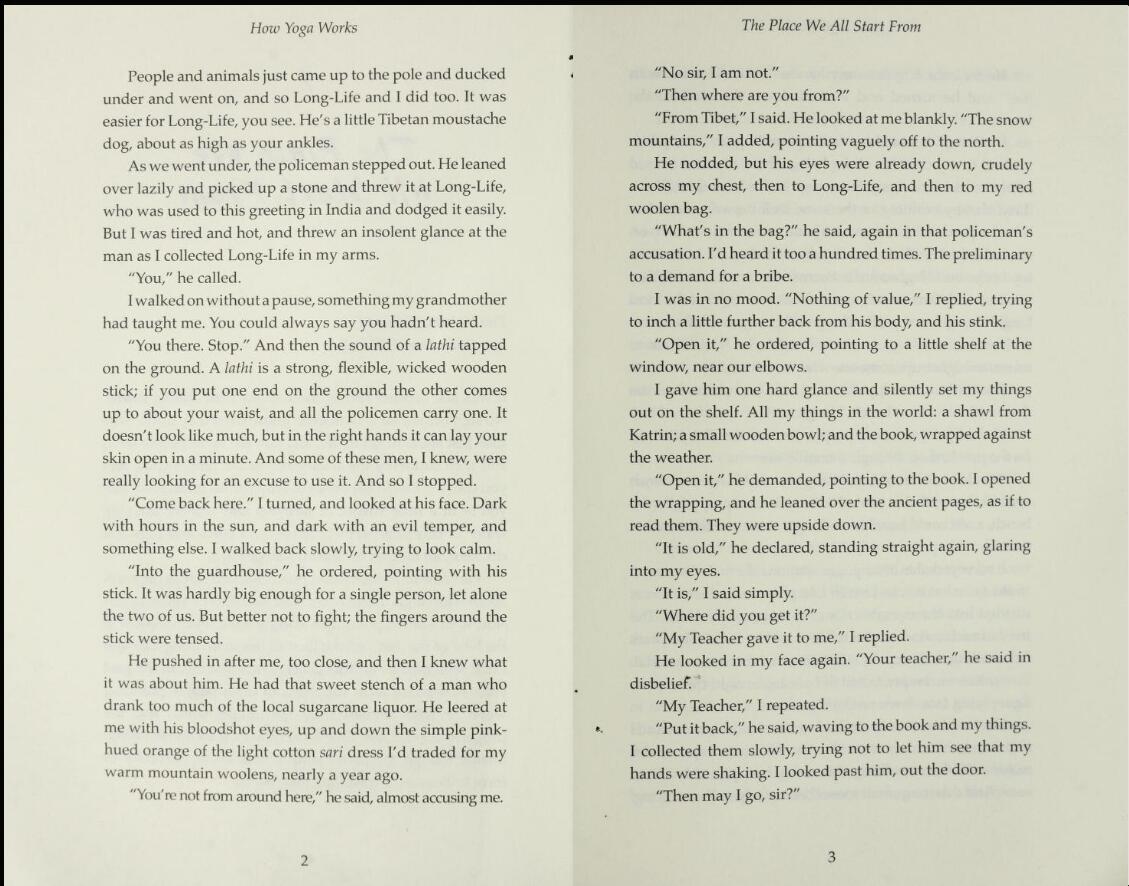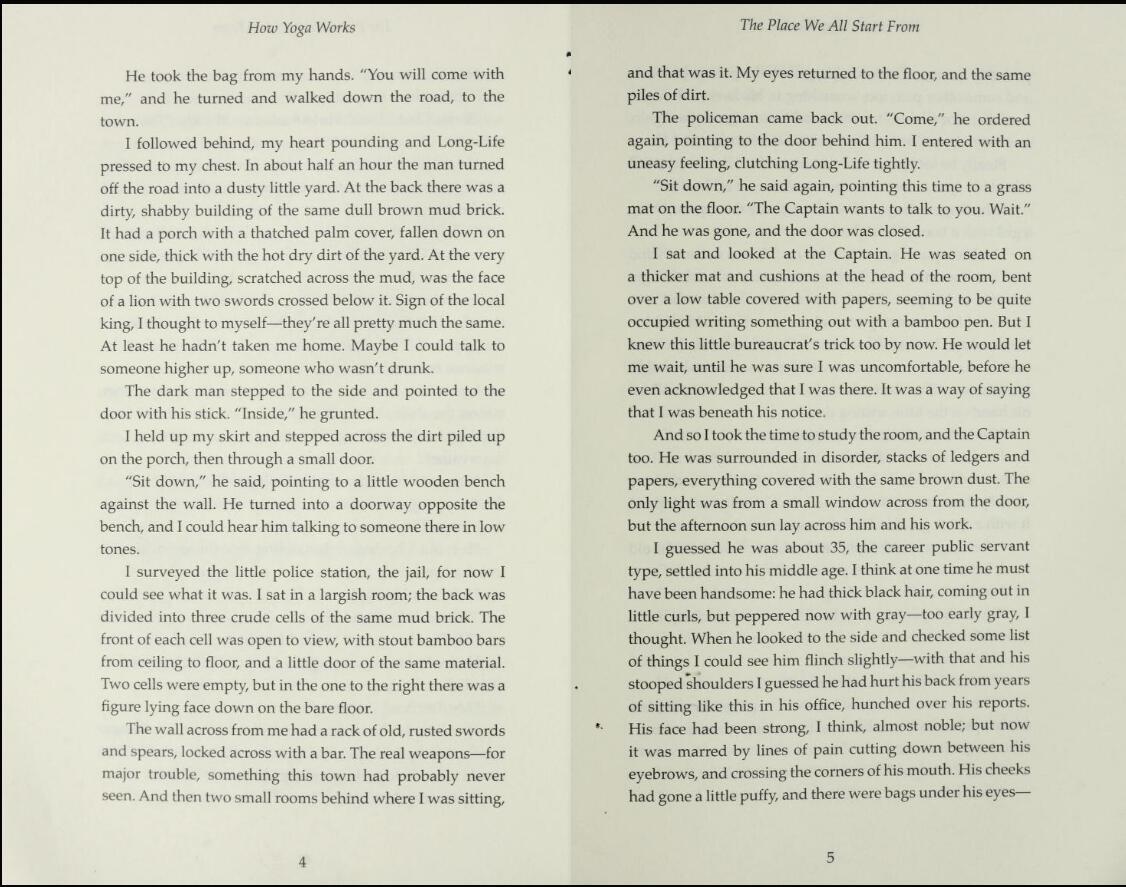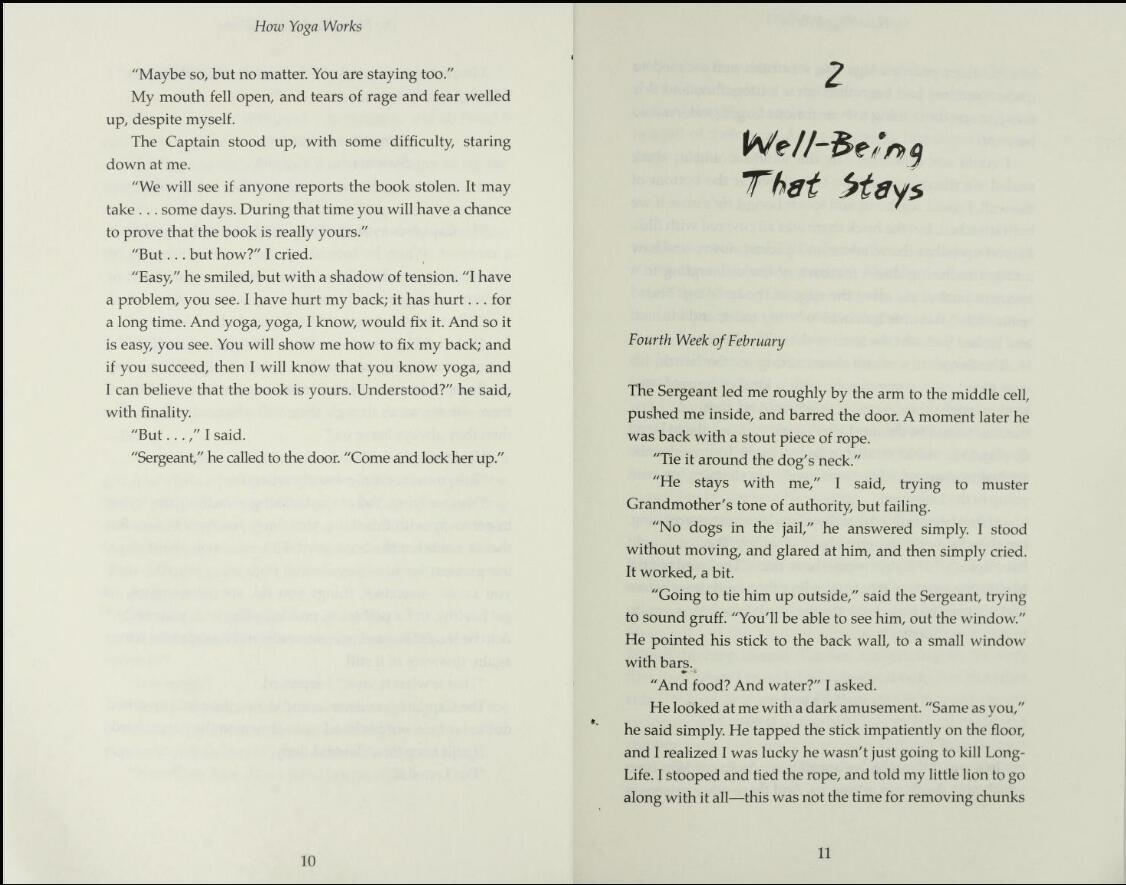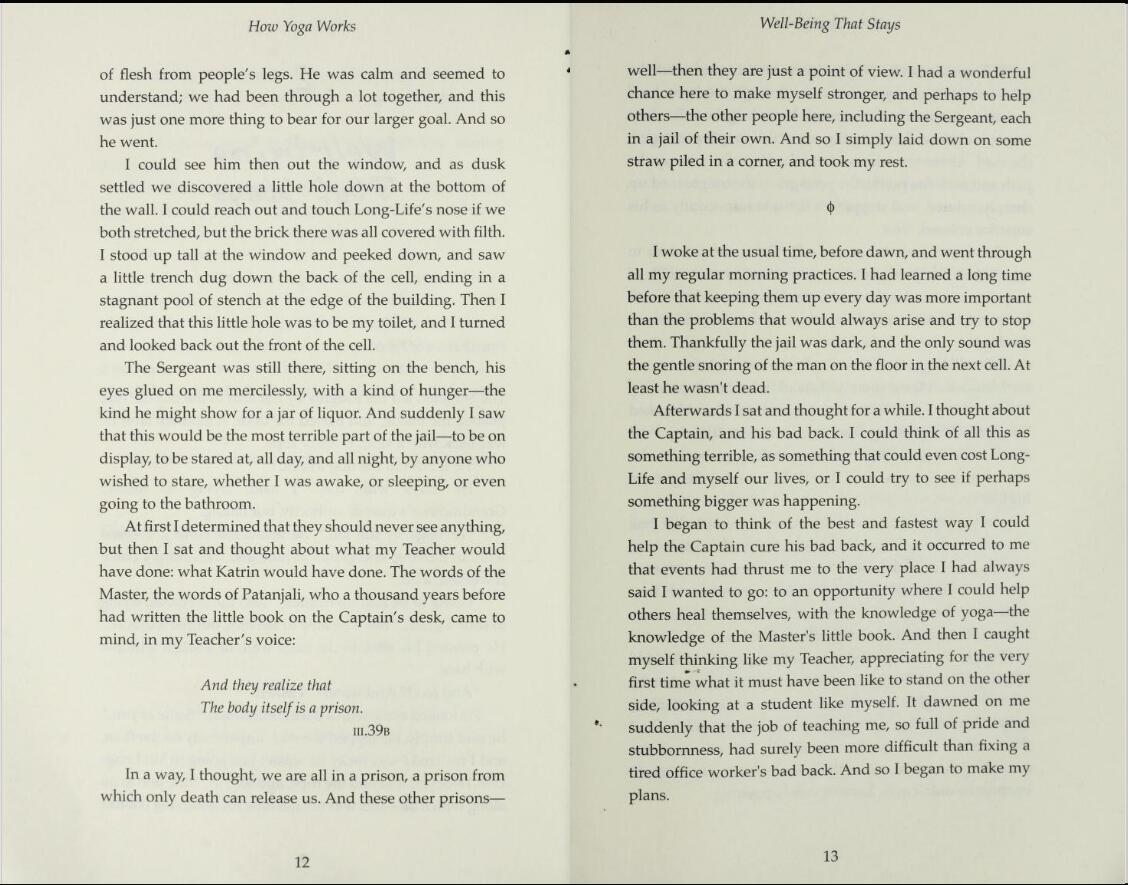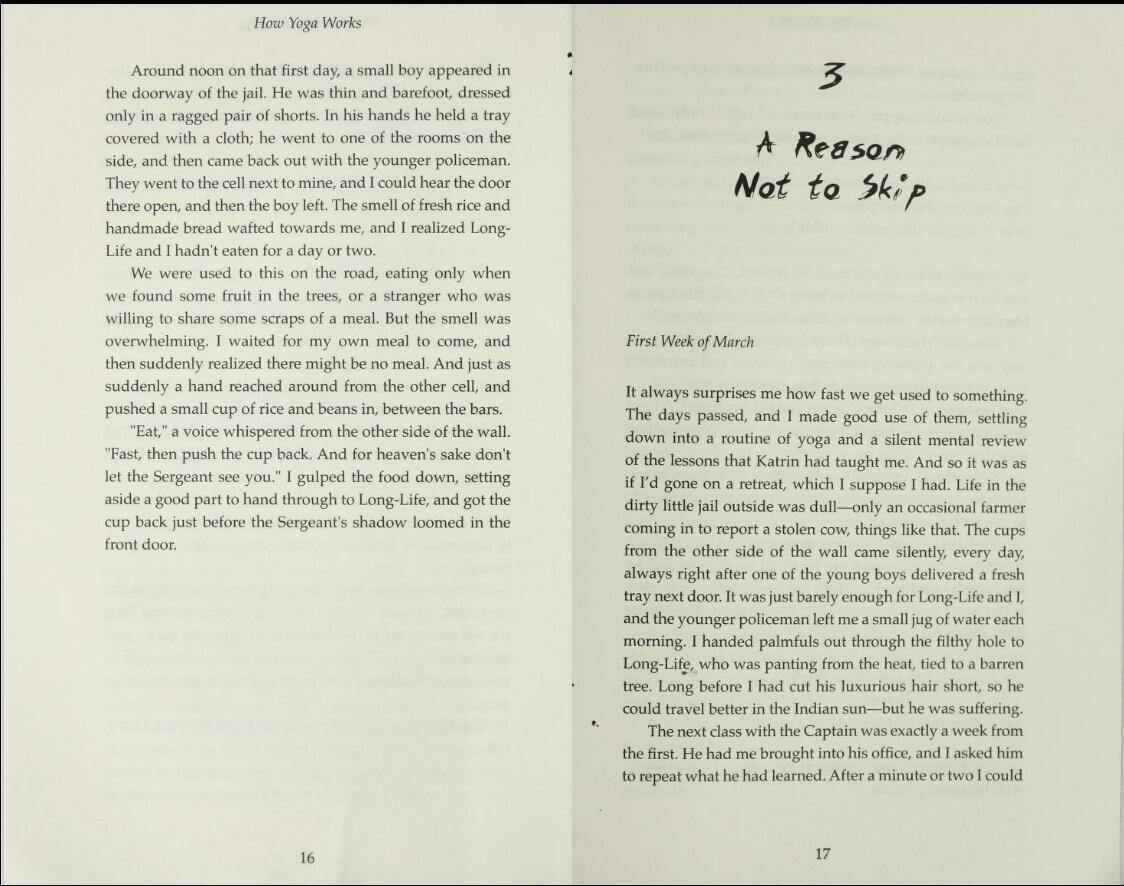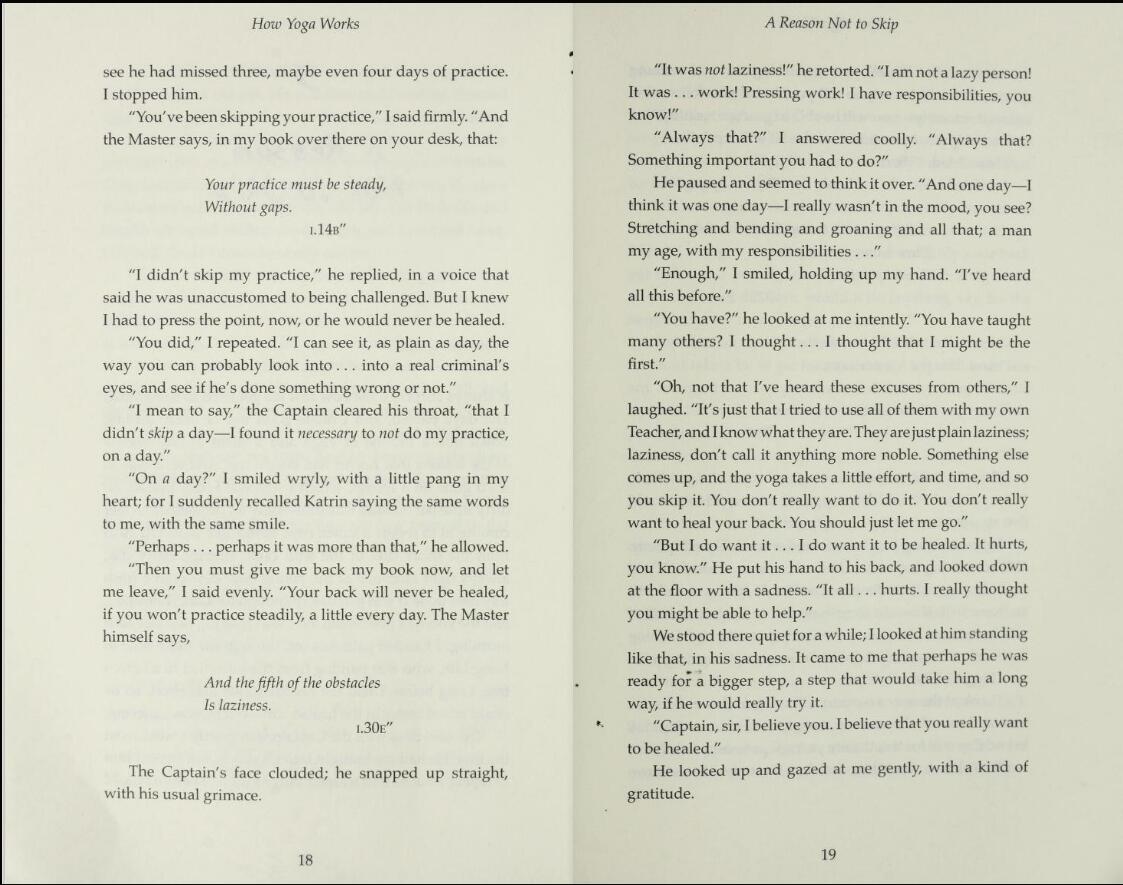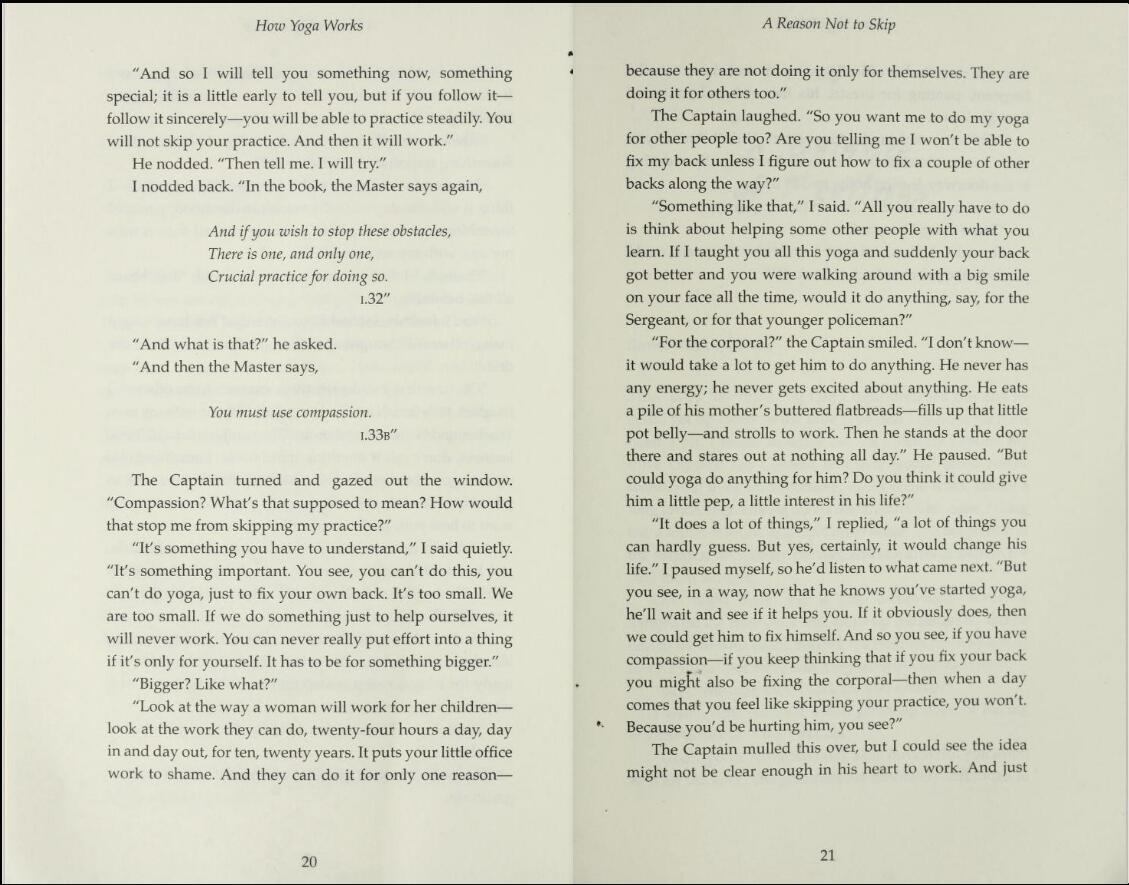Random
documents with unrelated content Scribd suggests to you:
quickly she could arrive at the Witches' Oak almost at the time appointed. Owing to the late hour of starting she had quite given up the idea of going to Convent Grange, which was two miles away. She would meet Vivian, as she now arranged in her own mind, at the Witches' Oak, and would ask for an explanation. When he gave it, she could return rapidly to The Camp escorted by him; then slipping in, she would be able to say good-night to Alpenny at ten o'clock, and go to bed. For a moment, she wondered if Durban would return that night, or stop in town. If he came back, he would be angry if he found that she had left The Camp unattended and in the twilight. But she would be in bed even if Durban did return, and then she could decide whether to tell him or not. Also, the chances were that as he had gone to town so late he would remain there till the next morning to execute Alpenny's business, whatever that might be.
Passing along the lane, Beatrice had to run by the great gates, which were locked securely. In the twilight she thought she saw a small figure crouching before them, but in the semi-darkness could not be certain. However, the sight of the figure, if figure it was, troubled her very little. Probably it was that of some tramp, as there were many in the Weald of Sussex. But if the tramp was waiting at the gates in the hope of getting a crust or penny from the miser, he would be woefully disappointed. Beatrice, passing swiftly, hardly gave the matter a thought, but sped rapidly along under the deep shadows of the trees, and along the white dusty lane, between the wilted hedges, dry with summer heat. A quarter of a mile brought her to a side path, and down this she went calmly, congratulating herself that she had met neither tramp, nor neighbour on the road. The path wound deviously through ancient trees, and at length emerged into a rather large glade in the centre of which was a pond, green with duckweed. Over this spread the branches of the Witches' Oak, an old old tree, which must have been growing in the time of the Druids, and which had probably played its part in their mystic rites. A fitful moonlight gleamed occasionally on this, as the planet showed her haggard face, and under the tree Beatrice saw a tall figure waiting patiently. She crossed the glade in the moonlight, but
the clouds swept over the face of the orb, as Beatrice paused under the oak. Then again came a growl of distant thunder, as if in warning.
"I knew you would come," said Paslow, stepping forward, and for the moment it seemed as though he would take her in his arms.
In the darkness the cheeks of the girl flushed, and she stepped lightly aside, evading his clasp. Her heart told her to throw herself into those strong arms and be protected for ever from the coming storms of life, but a sense of modesty prevented such speedy surrender. When she spoke, her voice was steady and cool. There was no time to be lost, and she began hurriedly in the middle of things.
"Yes, I have come," she said quickly; "because I want to know the meaning of the words you used to my father to-day."
"I don't know what they mean," confessed Paslow calmly.
"Then why did you use them?"
"I received a hint to do so."
"From whom?"
"I can't tell you that. Miss Hedge--Beatrice--I asked you to meet me here, so that no one should interrupt our conversation. If you came to the Grange, Dinah would have prevented my speaking; and now that Mr. Alpenny is angry with me, I cannot come to The Camp. You must forgive me for having asked you to meet me here at this hour, and in so ill-omened a spot, but I have something to say to you which must be said at once."
"What is it?" Her heart beat rapidly as she spoke, for although she could not see his face in the darkness, she guessed from the tones of his voice that he was about to say all which she desired to hear.
"Can't you guess?" He came a step nearer and spoke softly.
Beatrice, feeling strange, as was natural considering the circumstance, laughed in an embarrassed manner. "How can I guess?"
"Because you must have seen what I meant in my eyes, Beatrice. I want you to be my wife."
Her heart beat loudly as though it would give Vivian its answer without speech.
"I don't understand," she said abruptly.
"Surely you must have seen----"
"Oh yes, I saw," she interrupted rapidly, "I saw that you loved me. I also saw that you held back from asking me to marry you."
"I had a reason," he said, after a pause; "that reason is now removed, and I can ask you, as I do with all my heart and soul, to be my wife. Dearest, I love you."
"Can I believe that?"
"I swear it!" he breathed passionately.
"But the reason?"
Paslow hesitated. "It was connected with money," he confessed at last. "Your father--or, rather, your stepfather--had a mortgage on nearly the whole of my property. I have lately inherited a small sum of money, and went to-day to ask Mr. Alpenny to arrange about paying off part of the mortgage. He accused me of wishing to rob him."
"But why, when you desired to pay off the mortgage?"
"I can't say. I think"--Vivian hesitated--"I think that he wishes to get possession of the Grange."
"And his reason?"
"I can't tell you that. But the moment I offered to pay the money he burst out into a rage and said that I wanted to rob him. Then I warned him as to something I had heard against him in London."
"What is that?" she asked in startled tones.
"I dare not tell you just now."
"Is it connected with the Black Patch?"
"Not that I know of. And what do you know of the Black Patch?"
"I know nothing. I heard it mentioned--whatever it is--for the first time to-day, and by you. The effect on Mr. Alpenny was so strange that I wish to know what the Black Patch means."
"I do not know myself," said Vivian earnestly. "Listen, my dear girl. The other night I found on my desk a scrap of paper, and on it was written--or, rather, I should say printed, for the person who wrote printed the letters--'If Alpenny objects, say "Remember the Black Patch."'"
Beatrice listened, bewildered. "What does that mean?"
"I can't say. But when driven into a corner by his language I used the very words on the scrap of paper. You saw their effect."
"It is strange," said Beatrice; then remembering what the miser had said to her, she grasped her lover's arm. "Vivian, he told me that you had committed crimes."
"What a liar! I have committed no crimes, save that I have indulged in the usual follies of a young man whose parents died before they
could guide him properly. What does he mean?"
"I can't say. But I think he wished to make me mistrust you."
"I can guess that, for I asked him to-day if I could marry you. He refused, and raged worse than ever. It was then that he turned me out of his counting-house, and--well, you saw what happened. I suppose he wants you to marry someone else?"
"Yes. He told me so to-day. Major Ruck."
"Who is he?" demanded Paslow in a tone of anger.
"I don't know. Major Simon Ruck, a retired army officer with a fine fortune, and who is fifty years of age, and----"
Here there came a flash of blue lightning, and then a loud crash of thunder. Afterwards the strong wind hurtled towards them, bearing on its wings the drenching rain. Vivian was startled, and caught Beatrice to his breast in the darkness.
"Darling, will you marry me?" he asked, although she was scarcely mistress yet of her emotions in the storm and gloom.
Before she could answer, the pent-up feelings of the day found relief in a burst of hysterical tears. Pulling out her handkerchief she pressed it to her eyes, and at the moment felt the key, entangled in the handkerchief, fall out.
"Oh," she gasped, "the key! it has fallen out of my pocket!"
"I'll find it!" and Paslow dropped on to the grass, now wet, while the rain came down in torrents. "I have it!" he said, wondering at this queer disconnected wooing, and rose with the key in his hand. "My dear, let us stand further under the tree, and then we can talk."
"No! no!" Beatrice was quite unstrung by this time. "I must go home at once. It is late, and my father--my--ah! who is that?"
Flash after flash of lightning, blue and vivid, illuminated the haunted tree, as though once again the witches were holding their demoniac revels. A short distance away stood a small man. Neither of the lovers could see his features in the fitful illumination. Vivian, with a cry of anger, ran straight towards the figure, and it disappeared. Tales of the spectres said to haunt the tree occurred to the mind of Beatrice, and, unstrung, and not mistress of herself, she left the oak and hurried across the glade. The lightning was flashing incessantly, and the thunder roared like artillery, while the steady rain spattered through the trees' tops. Trying to find the path which led to the lane, Beatrice ran on. She fancied she heard the voice of Paslow shouting, but again pealed the thunder to drown what he said. Losing her head--and small wonder, so terrific was the storm--Beatrice scrambled on through many paths, and finally, when there came an unusually vivid flash, she sank with a cry of terror under some bushes, and fainted on the streaming ground. How long she remained unconscious she did not know.
When she did regain her senses, a mighty wind was blowing through the woods, bending the stoutest trees like saplings. Through the swaying boughs, the girl could see the flicker of lightning racing across the sky; and every now and then boomed sullen thunder, loud and menacing. With an effort she gathered her aching limbs together and staggered forward blindly through the wood. She could not tell what the hour was, or guess where she was going, but by some miracle she managed to arrive at the lane. Even then, she did not recognise where she was, but ran blindly along in the hope of finding The Camp. There was no sign of Vivian, or of the man who had been watching them under the Witches' Oak. All around was the roaring darkness, laced with vivid lightning and alive with furious rain and wind. Like a demented creature, Beatrice sped along in mud and slush, kilting up her petticoats to run the faster. And ever
overhead screamed the storm, while the wild winds tore and buffeted the tormented trees.
She bitterly regretted having kept the appointment She had learned little save that Vivian loved her, which she had known long ago. And now she had lost the key: Paslow possessed it, since he had not given it back to her before he ran after the watcher. So how was she to re-enter the jealously-guarded Camp? Alpenny would know that she had been out, that she had met Vivian, and there would be great trouble. These thoughts made the head of the girl reel as she ran along blind and breathless.
Then came several flashes, and before her, unexpectedly, she beheld the gate of The Camp. It was wide open, but, without thinking, she ran in at once, only too thankful to arrive home. As she passed the posts, she sprang unseeingly into the arms of a man. With a cry she tore herself away, and stared. In a flash of lightning she saw that he was tall, lean, clothed in black, and--the sight made her shriek--over his left eye he wore a Black Patch. Then the darkness closed down and she heard him brush past into gloom, running swiftly out of the gate, which he closed after him. She heard the click, and in some way managed to scramble across the wet lawn to her own bedroomcarriage. As she dropped on the threshold she saw that the light in the counting-house was extinguished. What did it all mean? she asked herself; and who was the tall man with the dark patch over his left eye?
CHAPTER V
MRS. SNOW'S DISCOVERY
After a few minutes' lying on the threshold of her carriage-bedroom with the rain beating upon her soaking dress, Beatrice rose with an effort and opened the door. It was never locked, as no one would be likely to enter. The matches and a candle were on a table by the bed, where she had left them, and soon she had a light. Beside the candlestick lay a folded piece of paper, and opening this, she read a line or two in Alpenny's crabbed handwriting.
"I find you have gone out. I am going also, and will not be back for three days. Durban will return to-morrow and look after you."
There was no signature, but of course she recognised the calligraphy easily, as it had a distinctive character of its own. The contents of the note rather surprised the girl. In the first place, Alpenny made no remark as to her having taken the key; and in the second, it was strange that he should depart thus unexpectedly, leaving The Camp absolutely unguarded, even by a dog. Beatrice knew well enough that her stepfather frequently went away on business, and at times very unexpectedly, but she had never known him to take so hasty a departure. However, after a glance at the note, she determined to go to bed, being too weary to think of anything; too weary even to reflect that she was alone in that lonely Camp, and that the gate had been open when she arrived. A memory of the stranger with the black patch over his eye certainly made her lock her door, and see that the windows were well fastened; but when she had accomplished this for her own safety, she had only sufficient strength remaining to throw off her wet clothes and get into bed. And there she speedily fell into a deep and dreamless sleep, while the storm raged louder than ever. Her last thought was a hope, that Vivian had reached the Grange in safety.
When she awoke next morning it was ten, as the tiny cuckoo clock on the wall told her, and the sun was streaming in through the chinks of the window-shutters. She still felt weary, and her limbs ached a trifle, but for a moment or so she could not think how she came to be so tired. Then the memory of all that had happened
rushed in on her brain, and she sprang from bed to open the door and windows. In a minute the sunlight was pouring cheerfully into the bedroom, and Beatrice was rapidly dressed, feeling hungry, yet at the same time anxious.
And much need she had to be. Her stepfather knew that she had gone out, and must have known that she had taken the key of the smaller gate, for which he would immediately look. He would certainly make himself most unpleasant, and she anticipated a bad quarter of an hour when he returned. Also, Vivian might have got into trouble with the man who had watched them meet under the Witches' Oak. Then, again, the gate of The Camp had been open when she returned, and a stranger had left the place hurriedly. All these things were very strange and disquieting, and Beatrice ardently wished that Durban was back, so that she might speak to him and be reassured. But it was probable that Vivian would come to The Camp that morning in order to learn if she had arrived safely; then they could renew the interrupted conversation, and come to an understanding.
The interview with Paslow perplexed Beatrice when she thought over it. Vivian's talk had been disjointed, and he had given her no satisfaction, answering her questions in a vague manner. That he should have proposed at so awkward a moment, and in so awkward a manner, also puzzled the girl. From what she could recall of the scrappy conversation it had been like one in a nightmare; and, indeed, the whole episode was far removed from the commonplace. The meeting-place under the ill-omened tree--the few hurried words--the rush of Vivian towards the strange man--and then her own headlong flight through the damp, dark woods--these thoughts made her very uncomfortable. It was more like romance than real life, and Beatrice did not care for such sensational events.
When dressed, she said her prayers and felt more composed; then stepped out into the broad, bright sunshine. After the storm everything looked fresh and vividly green: the world had a newly
washed look, and the air seemed to be filled with vital energy, as though it were indeed the breath of life. But Beatrice soon saw evidence of the storm's fury. Huge boughs were stripped from the trees round The Camp, the flower-beds presented a draggled appearance, and the sundial had been blown down. For the rest, everything looked the same at usual. When she glanced at the dungeon, she saw that the door was closed and the blind was down, although this latter was a trifle askew. Beatrice could have gratified her curiosity by looking into the counting-house through the twisted blind; but she had seen sufficient of it on the previous day, and felt more inclined to eat than to waste her time peering into Alpenny's sanctum. With the idea of getting breakfast, she went to the kitchen, and speedily had the fire alight. Durban never locked the door of the kitchen carriage, so there was no difficulty in entering.
Beatrice found plenty of food in the cupboard, and made herself some strong coffee and an appetising dish of bacon and eggs. It was too much trouble to take the food to the dining-car, so she spread a cloth on the kitchen table, and made a very good meal. When she had finished, she washed the dishes and put them away; then went out again, feeling much better, and all signs of fatigue disappeared from her young and elastic frame. But for the evidences of the storm, she would have thought the past events of the night, those of a dream.
To pass the time, Beatrice swept out her bedroom and made the bed, then attended to the garden. Every now and then she would glance at the gate, expecting that Vivian Paslow would enter. But by twelve o'clock he had not come, and she felt very disappointed. Then she began to feel alarmed. What if he had met the man and had fought with him? What if the man had hurt him? She asked herself these questions, and half determined to go over to Convent Grange in order to get answers. But she did not wish to leave The Camp until Durban came back, since Alpenny was absent. Still the desire to hear and see Paslow was overwhelming, and she was just about to yield to her curiosity and leave The Camp to look after itself
when she heard the rapid vibration of the electric bell, and knew that someone was at the gate. In a moment she was flying across the lawn, her heart beating and her colour rising.
"Vivian! Vivian!" sang her heart, and she threw open the gate, which was still unlocked. To her surprise, she beheld outside no less a person than Mrs. Snow!
The vicar's wife looked more amiable than usual and less grim. She was not very tall, and was dressed in dull slate-coloured garments very ugly and inexpensive, and likely to wear well. A straw hat trimmed with ribbons of the same sad hue surmounted her sharp, thin face, which was that of the miser species, hard and sour. Mrs. Snow had never been a pretty woman, and never an agreeable one, and as she faced Beatrice with what was meant to be a smile, she looked like a disappointed spinster. Yet she was the wife of the vicar, and the mother of Jerry, so she certainly should have looked more pleasant. But Mrs. Snow was a woman who took life hard, and made it hard for others also. If she could not enjoy herself, she was determined that no one else should. Whatever sins the vicar had committed--if any--the poor man was bitterly punished by having such a household fairy at his fireside.
"Mrs. Snow!" gasped Beatrice, who was immensely astonished, as well she might be, seeing that the vicaress had never before deigned to pay The Camp a visit.
"Yes, my dear Miss Hedge," said the lady, with a suavity she was far from feeling, as the girl's fresh beauty annoyed her. "You are no doubt surprised to see me. But I have come to see Mr. Alpenny as my husband's richest parishioner. Last night's storm has damaged the spire of our church, so I have started out at once to collect subscriptions for its repair. There is nothing like taking Time by the forelock, Miss Hedge."
"My father is out," said Beatrice coldly, "and will not be back for a few days. Then you can ask him, Mrs. Snow."
"May I not put you down for a trifle?"
"I have no money," replied Beatrice, annoyed by the greed and persistence of her visitor. "Will you come in?"
She did not wish to invite the lady in, but Mrs. Snow showed so very plainly that she intended to enter, that Beatrice could do no less. In silence she led the way to the Snow Parlour, and the vicar's wife was presently seated on the linen-covered sofa, glancing with sharp eyes round the pretty place. It need hardly be said that she glanced with inward disapproval and outward praise. She wanted money for the spire, and therefore had to be polite; but that did not withhold her from inwardly finding all the fault she could.
"A most charming place," said Mrs. Snow, still trying to make herself agreeable.
"I am glad you think so," replied Beatrice, wondering why her unexpected visitor was so very polite; and mindful of Mrs. Snow's past behaviour, the girl could not think that the vicaress was making herself thus pleasant in order to get money for the spire. Besides, the spire had only been damaged on the previous night, and it seemed strange that the woman should begin to hunt for subscriptions for its restoration already. No! Beatrice came to the conclusion, and very rightly, that Mrs. Snow had another motive in paying attention to the girl she had so severely snubbed.
"I have intended to call ever so many times," went on Mrs. Snow, not to be daunted by the frosty manner of her hostess, "but my husband, poor man, is not very well, and I have to attend to a great deal of the parish work."
"There is no need to apologise, Mrs. Snow. I see very few people."
"But those you see are really charming!" gushed the vicaress. "I, of course, allude to Mr. and Miss Paslow."
"They are friends of mine."
"And of mine also, Miss Hedge. Though I will say that this engagement of my son to Miss Paslow does not please me. I really thought"--here Mrs. Snow cast a searching look on the girl's face-"that my son admired you."
"Oh no. He has always been devoted to Miss Paslow."
"His devotion is misplaced," snapped Mrs. Snow, some of the veneer of her gracious manner wearing away. "I shall never consent to such a marriage."
"You must tell that to Miss Paslow and to your son," said Beatrice coldly; "I have nothing to do with it."
"Well"--Mrs. Snow hesitated--"I thought that you, being a friend of Miss Paslow's, might point out how foolish her conduct is."
"It is not my place to interfere," said Miss Hedge in a frosty manner, and beginning to gain an inkling as to why the vicaress had paid this unforeseen visit.
"Of course not. I should never ask you to do anything disagreeable, Miss Hedge. I hope you will come and see me at the Vicarage. Now that I have found you out, I really must see more of you."
"It is very kind of you, Mrs. Snow; but I never go out. My father does not wish me to."
"So eccentric dear Mr. Alpenny is!" murmured the vicaress. "I was in town only two weeks ago, and Lady Watson mentioned how strange he was. You know Lady Watson, of course?"
"I never set eyes on her. I don't even know the name."
"That is strange," and Mrs. Snow really did look puzzled; "she knew all about you."
Beatrice started. "What is there to know about me?"
"Oh, nothing--really and truly nothing. Only that Mr. Alpenny married your mother and adopted you when she died. I was not here when Mrs. Alpenny died, but I believe she is buried in our churchyard."
"I have seen the tombstone," said Beatrice coldly. "And how does this Lady Watson come to know about me?"
"She was a school friend of your mother's--so she said."
"Oh!" Beatrice felt her face flush. Here was a chance of learning something that neither Durban nor Alpenny would tell her. "I should like to meet Lady Watson."
"You shall, my dear Miss Hedge. She is coming in a few weeks to stop at the Vicarage."
"I shall be happy to see her." Beatrice had to swallow her pride before she could say this, as Mrs. Snow had really treated her very badly. But she was anxious to learn something of her mother, and to find out if she had any relatives, as she was determined not to marry Ruck, and knew that if she did not, Alpenny was quite capable of turning her out of doors. Of course Durban would always look after her, but Beatrice wished to be independent even of Durban. At the moment she never thought of Vivian and his hasty proposal, but it came back to her memory when Mrs. Snow introduced his name.
"I hear that Mr. Paslow is thinking of moving from this place," said Mrs. Snow. "Such a pity! so old a family. The Paslows have been in the Grange since the reign of Henry VIII. It was originally a convent, you know, and the Paslow of those days was presented with it, by
the king--so shocking, wasn't it? He turned out the nuns and lived in the place himself. That is why it is called Convent Grange."
"So Miss Paslow told me," responded Beatrice, rather weary of this small-talk, and wondering why it was being manufactured.
"But Mr. Paslow is poor," pursued Mrs. Snow, "and can't keep the place up. I expect he'll go to the colonies, or some such place. So you can easily see why I don't want my son to marry his sister."
Beatrice felt very much inclined to tell her garrulous visitor that Vivian had inherited money, and would probably clear off the mortgages and live in the style of his forefathers. But she restrained her inclination, as it was none of her business, and rose to intimate that the interview was at an end. But Mrs. Snow still sat on.
"Really a lovely place, Convent Grange," she chattered, "although sadly out of repair. Haunted, too, they say, although I don't believe in ghosts myself. But I hear an Indian colonel was murdered there some twenty-four years ago, and his ghost is said to haunt the room he was killed in."
"I never heard that," said Beatrice, wondering why Dinah had never imparted so comparatively modern a tragedy to her.
"I dare say not," said Mrs. Snow tartly; "the Paslows don't like talking about the matter. I heard about it from an old shepherd who keeps sheep on the Downs. Orchard is his name, and he was the butler of Mr. Paslow's father, who was alive when Colonel Hall was murdered."
"I never heard of a shepherd being a butler."
"You mean that you never heard of a butler turning a shepherd," said Mrs. Snow; "neither did I. But I understand that the poor man's nerves were so wrecked by the sight of the dead body that the

